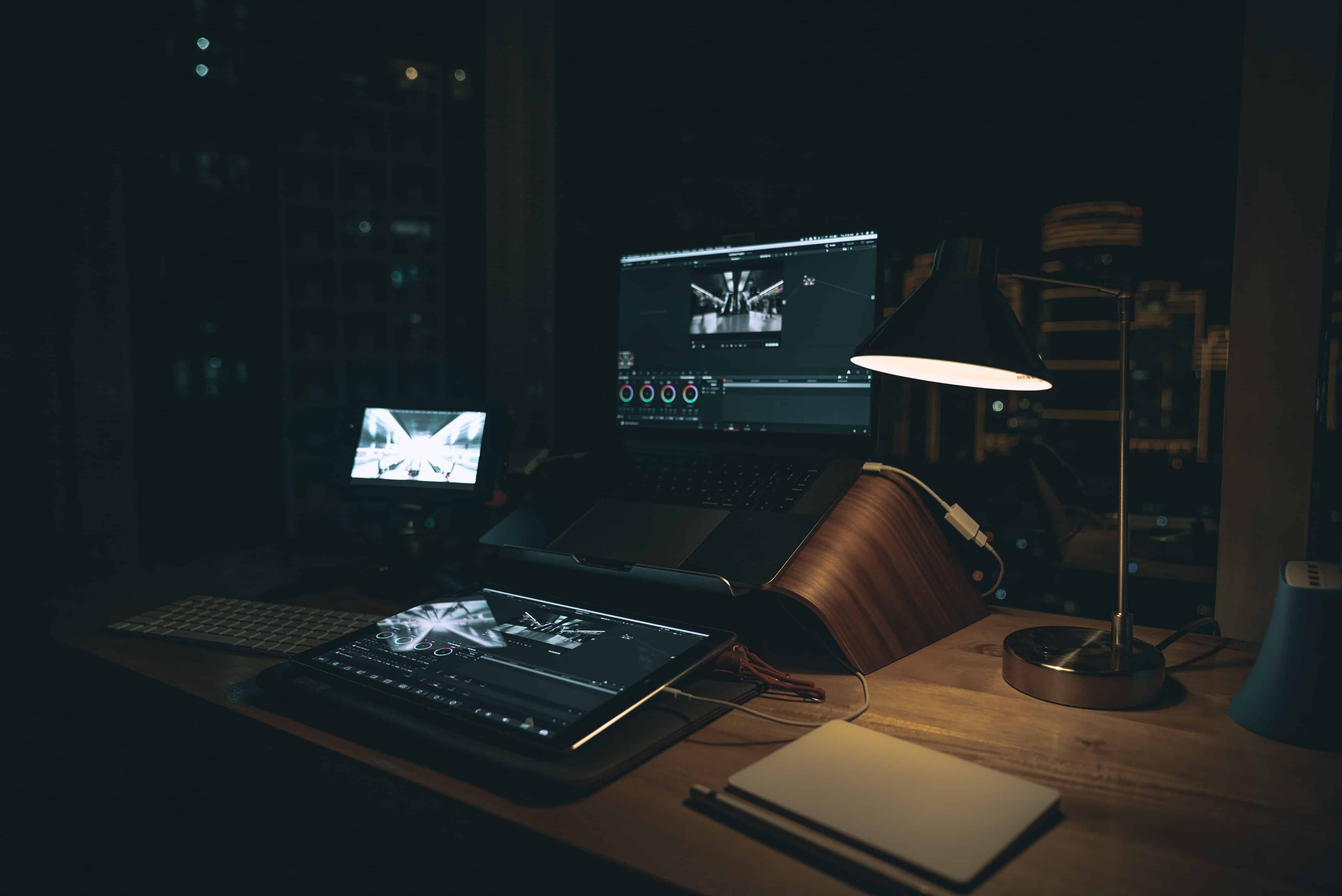In the legal world, audio and video recordings of all proceedings are critical. However, it can be time-consuming to scan audio and video file recordings manually to uncover important items which were referenced. Legal transcription is a vital component in meeting depositions, court proceedings, interviews, and police investigations.
Reliable, accurate transcripts are critical to ensure justice is served, which is why it is essential that all transcripts feature no errors. Sadly, there are various reasons why errors can crop up, whether it is due to poor audio quality or human error.
To avoid errors, legal firms can take action to achieve and retain high-quality legal transcriptions.
The importance of legal transcription
Legal transcriptions offer word-for-word documentation of the spoken word from legal proceedings. They are produced via recordings or in a live setting by a human transcriber or machine technology, powered by Artificial Intelligence.
Legal transcription services are essential for proceedings to be admissible. Judges, lawyers, barristers and other legal practitioners are faced with multiple cases each day, and they have to try and make sense of every court proceeding, memorandum and summonses, testimony and affidavit. Legal transcriptions are not only necessary for the record, but they allow them to keep track of every occurrence and word spoken, as well as help to limit confusion.
Industry challenges
Legal transcription continues to be critical, but the industry is experiencing numerous challenges. One of the main challenges is the sheer volume of content that needs to be transcribed. These include phone calls, social media videos, personal videos and surveillance camera footage. As the world becomes more technologically advanced and there’s a greater emphasis on communication methods and media consumption, there is more content to transcribe than ever.
If you have been in the transcriber game for many years, you have likely experienced this growth in volume first-hand. It is also the same story for court reporters where the demand has surpassed the supply. There’s a growing need for digital depositions to be conducted to speed up how legal proceedings currently operate.
Additionally, when you factor in the need for verbatim transcription to capture word-for-word transcription – including stutters, pauses and other noises – another challenge comes with accurately reporting without mistakes. The challenge can be even greater when dealing with low-quality audio.
A solution in a technologically changing world
Technology has changed the face of legal transcription. Tools like speech recognition software and automation have helped to reduce the turnaround time for transcription significantly. The adoption of technology, however, has seen inevitable teething troubles.
The biggest hesitations to adopt more technology result from past experiences when speech recognition software, for instance, produces work with many mistakes. Legal professionals cannot utilize indecipherable transcripts. The stakes are higher in this industry than any other, as one misspoken word can make or break a case. Verbit has conducted significant research to identify technological issues and challenges to develop a solution.
How AI-powered smart technology can help
With Verbit, legal audio transcription has become easier. Verbit’s advanced smart technology has boosted efficiency for transcribers while increasing their turnaround times. Its adaptive nature can also handle industry-wide issues – such as reduced audio quality and legal term identification – to supply legal transcripts with notable accuracy.
Users submit files for legal transcription online via an API or through platform integrations. Files are then automatically transcribed by Automated Speech Recognition technology. To ensure top accuracy, the files are then reviewed and edited by professional transcribers.
While other legal transcription companies have their own processes, Verbit’s system utilizes AI-powered technology. This presents users with a number of advantages, including fast turnaround time. Rather than waiting weeks to receive legal and court transcripts, Verbit reduces turnaround significantly. As critical processing times are shortened, it is easier for businesses to scale up, for legal agencies to take on additional jobs, as well as venture into new opportunities.
COVID-19 and the long-term impact of automation
The COVID-19 pandemic has reinvented many industries globally, the legal profession included. It has changed the way people work and office occupancy is down across the board. For legal, more work has to be done digitally and remotely in order to accommodate social distancing.
Technologies like Verbit’s can assist when depositions are happening via Zoom rather than in a courthouse. Verbit also offers an efficient, cost-effective solution to account for the lack of stenographers available to take on the continuous work which needs to be completed. Even before COVID-19, companies were already embracing automation to ease manual work efforts and take on more business. AI-powered transcription will continue to be at the forefront of legal transcription for the foreseeable future.






